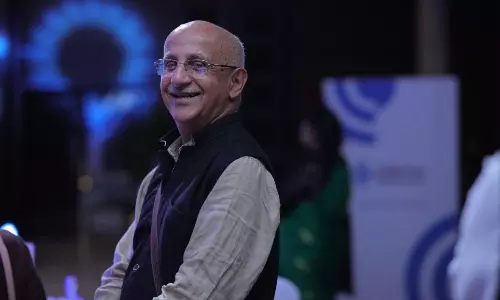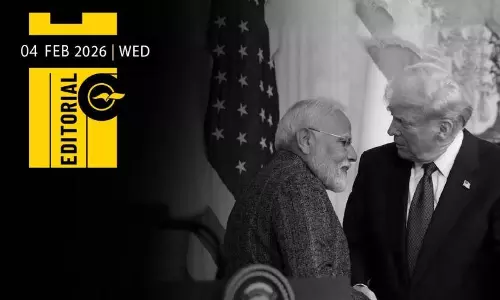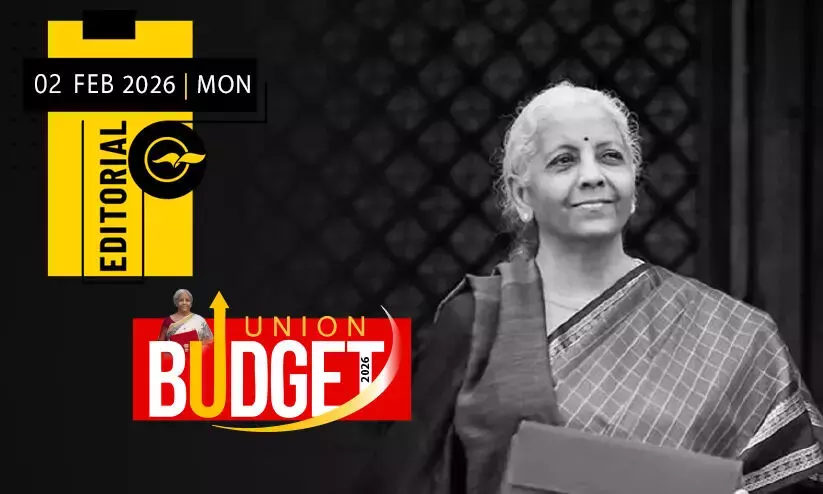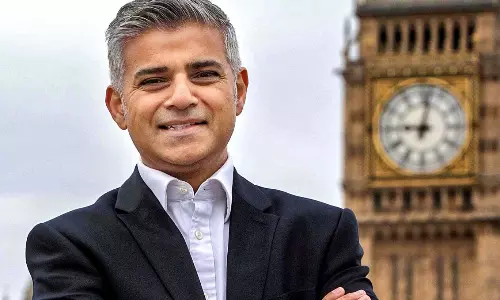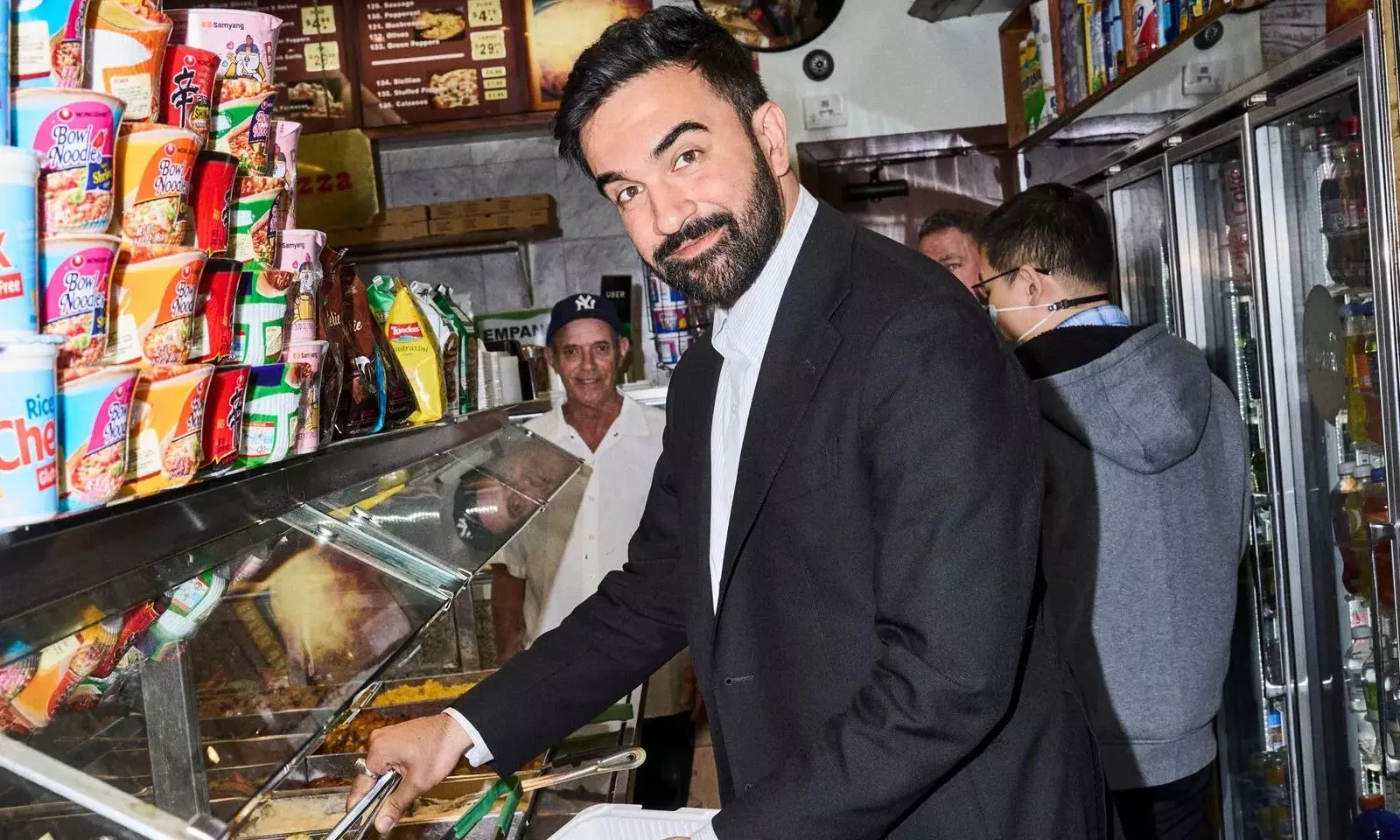
Eating biryani with his hands — and daring to speak truth
text_fieldsDuring his first run for office, New York Assemblyman Zohran Mamdani leaned into his cultural roots—gathering with neighbours over shared meals, referencing his South Asian and African heritage, and making no effort to sanitise who he was. One now-iconic image from his past shows him eating biryani with his hands, a quiet act of cultural defiance in the polished world of New York City politics, and perhaps a signal of what was to come.
Mamdani, a Ugandan-born, Indian-origin Muslim, was just re-elected to New York’s State Assembly by a landslide. Instead of celebrating his victory as a sign of democratic inclusion, powerful forces have tried to paint him as a threat. In recent weeks, Mamdani has been targeted with Islamophobic, casteist, and racially charged attacks from media outlets, politicians, and internet trolls alike.
Why? Because he dared to speak truths many refuse to hear—about Palestine, about U.S. imperialism, about structural racism. In doing so, Mamdani crossed an invisible line drawn around brown politicians in the West: you can exist, but do not challenge power.
The New York Times published a story suggesting Mamdani lied about his race on a college application back in 2009, when he was a teenager. The accusation, based on hacked documents from a white nationalist group, claimed he misrepresented his racial identity. That this was deemed newsworthy by one of the world’s most prestigious newspapers speaks volumes about the current political climate in the U.S.
And it didn’t stop there. Right-wing media called him a fraud. Donald Trump accused him of being a communist and demanded that he be deported. Eric Adams, New York’s mayor, questioned his integrity. AI-generated fake fliers circulated online. The goal was clear: discredit the brown man who wouldn’t stay in his lane.
Mamdani’s identity is layered and complex—he is the son of Mahmood Mamdani, a renowned Ugandan-born academic, and Mira Nair, the acclaimed Indian filmmaker. He grew up with a consciousness of colonialism, racial politics, and cultural hybridity. His decision to align with marginalised communities, speak out for Palestinian liberation, and challenge Zionism from within the American political system makes him especially dangerous in the eyes of the establishment.
But the bigger story is not just about one man. It’s about what happens when children of the Global South rise in the West and refuse to play by the script. We’ve seen similar backlash against figures like Ilhan Omar and Rashida Tlaib. The playbook is always the same: misrepresent their past, question their loyalties, smear their reputations.
To many in India, especially those from Muslim, Dalit, and marginalised backgrounds, this story feels familiar. The silencing of dissent, the erasure of complex identities, and the weaponisation of nationalism are not uniquely American. They are global. And they are growing.
Mamdani’s biryani moment is more than a campaign gimmick. It is a metaphor for a politics that is rooted, authentic, and proudly brown. It is a reminder that for many of us, food, language, and culture are not just personal—they are political. To eat with your hands is to reject the need to sanitise yourself for approval. To speak out against genocide, imperialism, and occupation—even when it is unpopular—is to honour the legacy of our ancestors who resisted colonisers with far fewer tools.
From Malappuram to Manhattan, the message is clear: the world does not fear our food or clothes—it fears our voice. Zohran Mamdani’s voice has cut through the noise. And that, more than any box ticked on a college application, is what they are trying to silence.
Let them try.
Because if eating biryani with our hands is a threat, then maybe it’s time we reminded the world what it truly means: comfort in our roots, pride in our heritage, and resistance on our own terms. Let them fear it. We’ve fed revolutions on less.
(Faisal Kutty is a Toronto-based lawyer and regular contributor to The Toronto Star. His articles also appear in Newsweek, Al Jazeera, Zeteo, and Middle East Eye. You can follow him on X @faisalkutty)




